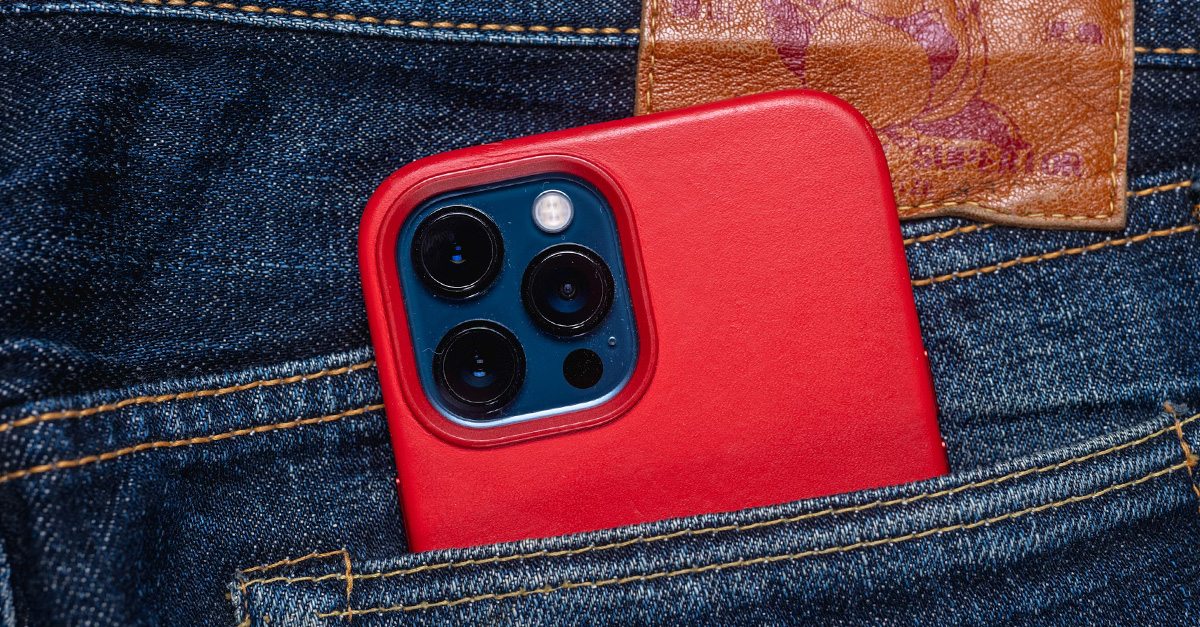
5 Tips to Improving Participant Engagement
With the best intentions, we might design innovative studies to capture data and confirm (or deny) a hypothesis in human participants. We might target a specific demographic or condition and believe that our protocol is the bees knees. "Of course people will take part", "Of course they will complete the study - why wouldn't they?". These famous last words from many clinical research teams are heard too often and whether a trial is short or longitudinal, keeping that engagement and encouraging them to reach the finish line doesn't always happen as we plan.
So how can we better engage with participants and make the trial more enjoyable for them overall? Here are a few tried and tested solutions to help keep the engagement and, crucially, the interest.
Keep them informed
This point can take many forms - whether it's about research in this area in general or about the study specifically. They are already taking part for a reason so there must be at least some sort of interest in the work.
- Quick summaries: A summary can go a long way in keeping someone up-to-date. This could take many shapes and forms including a summary of their participation so far, the research world in general (perhaps quote bullet points on similar work which has shown benefits) and more.
- Mention new opportunities for them: If it's an event to learn more - whether relating this this study or not - mention it! Provide a wider scope on the theme of the study in general. For example, what other research might be happening soon, what new treatments might be on the horizon and more.
- Use appropriate comms: When participants are onboarded, ask them how and when they would like to receive updates. Even categories your comms - for example, "General information", "Study updates", "New science". Give them the option upfront on how they want to be informed, and, by what methods (SMS, email, phone etc.).
Make them feel like they are part of the research
People take part in trials for all sorts of reasons. Sometimes it's a very personal journey and, if you are working in a particular disease cohort, your participants might be feeling the motions from some experience with a condition. Perhaps they have a hereditary condition and have a genuine interest in helping the science support a potentially vulnerable family or gene pool.
- Don't be afraid to use numbers: Providing real tangible value to their participation will help them feel like they are 'in it together' with you - and they certainly are! Quote previous trial statistics and outcomes and even highlight benefits to previous research in this area, not forgetting that trials outcomes cannot come to fruition without participation.
- Add a personal touch: In your comms, don't shy away from speaking to them by name. They are important and, ultimately, they are helping you and your research out a lot. Ask them questions about them, their journey and show a general interest in their life and situation.
- Refer to them as part of the team: Well, they are! Trials take make people to complete. PIs, organisers, admin, HCPs, participants, postal workers, laboratory assistants and much more. They have just as important a role as everyone else in completing this important work - remind them of it. There is no "I" in "Team".
Do not burden participants
It's a data-heavy world and we often collect too much - far more than we need. Don't treat your participants like the golden goose. They are committing a lot of effort to this study and we should respect what important time it is that they do give us. They might be quite unwell themselves and, ethically, it's our responsibility to support them during their journey.
- Limit comms: Ask yourself, is this a reasonable amount of communication to expect from someone (and sometimes for free)? Whether it's getting in touch to collect data or sending useful information and updates - be aware that everyone is different. Many of us are burdened with hundreds of emails a day. We don't always need more, even if it's interesting.
- Offer opt-outs: If you are engaging with them regularly, always offer a variety of options to opt-out. Whether this is SMS or emails, or a phone number to contact. Nobody wants to be hassled.
- Listen to them and listen to the data: If you are noticing significant drop-outs, a lack of responses or opt-outs from communications, you're doing too much. Whether they will tell you or not, consider that you are asking too much from them. You might disagree, but you aren't the end user! Their opinions and feelings matter most.
Make things as easy for them as possible
Participants will be making a lot of effort to take part in your study. Make it simple for them! They will likely have many other life commitments that take up their time and energy. This should take as little effort for them as it can.
- Provide travel information or recommendations: If you need site visits, provide helpful information on how to get to a site. This could include all sorts of supporting information around parking locations, parking charges, bus schedules and more. If it's a lengthy stay you can even let them know where basic amenities and facilities are if they are in the area for a while.
- Make submitting data enjoyable: If it's in person, on web or smartphone or a phonecall, make it concise and always consider the user experience.
- Make the effort for them: If you can do something for them to help them out, do it. This could be pre-filling in something to get them started on their actual work, setting up automatic reminders (or even calling yourself). You can even offer to work around their schedule if a lot is required of them.
Offer some reward (not always what it seems!)
Participants take part in research for all sorts of reasons. Early-phase trials which are high risk are sometimes high reward. It's an uncomfortable truth, but participants sometimes just want the money and don't care too much about the study or research theme. But is it always about money?
- Data release: When appropriate, release a report of the participant data and even unblind them if you can. What did they receive? How did it have an effect over time? The data showed a benefit, was it a placebo effect?
- Vouchers or information packs: Sometimes things which have no monetary value can be the most valuable. At study close, offer a range of benefits. I've even heard of collaborations with local restaurants and cafes where vouchers can apply for study participants.
- A simple heartfelt thank you: This might be enough for many people. They have crossed the finish line after what is sometimes a long and arduous time. Appreciate them and their participation.
Use the contact form here or email us at hello@trialflare.com














